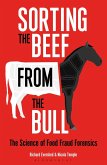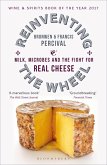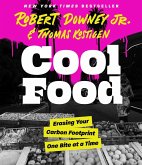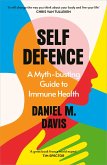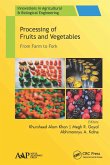The whole story behind what's in the food on our plate.
Long before there was the ready meal, humans processed food to preserve it and make it safe. From fire to fermentation, our ancestors survived periods of famine by changing the very nature of their food. This ability to process food has undoubtedly made us one of the most successful species on the planet, but have we gone too far?
Through manipulating chemical reactions and organisms, scientists have unlocked methods of improving food longevity and increasing supply, from apples that stay fresh for weeks to cheese that is matured over days rather than months. And more obscure types of food processing, such as growing steaks in a test-tube and 3D-printed pizzas, seem to have come straight from the pages of a science-fiction novel. These developments are keeping up with the changing needs of the demanding consumer, but we only notice them when the latest scaremongering headline hits the news.
Best Before puts processed food into perspective. It explores how processing methods have evolved in many of the foods that we love in response to big business, consumer demand, health concerns, innovation, political will, waste and even war. Best Before arms readers with the information they need to be rational consumers, capable of making informed decisions about their food.
Long before there was the ready meal, humans processed food to preserve it and make it safe. From fire to fermentation, our ancestors survived periods of famine by changing the very nature of their food. This ability to process food has undoubtedly made us one of the most successful species on the planet, but have we gone too far?
Through manipulating chemical reactions and organisms, scientists have unlocked methods of improving food longevity and increasing supply, from apples that stay fresh for weeks to cheese that is matured over days rather than months. And more obscure types of food processing, such as growing steaks in a test-tube and 3D-printed pizzas, seem to have come straight from the pages of a science-fiction novel. These developments are keeping up with the changing needs of the demanding consumer, but we only notice them when the latest scaremongering headline hits the news.
Best Before puts processed food into perspective. It explores how processing methods have evolved in many of the foods that we love in response to big business, consumer demand, health concerns, innovation, political will, waste and even war. Best Before arms readers with the information they need to be rational consumers, capable of making informed decisions about their food.



